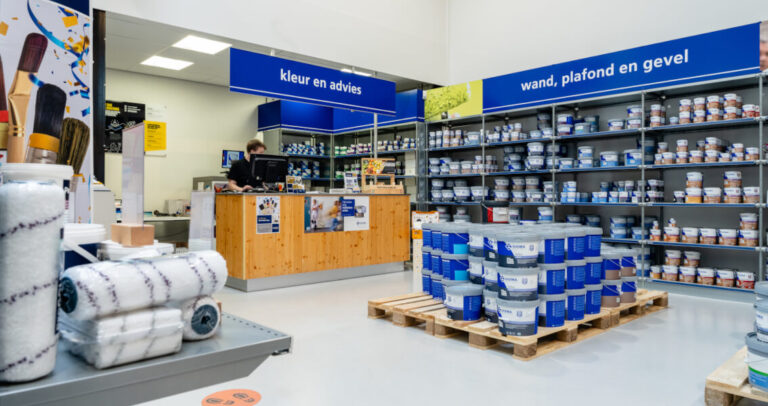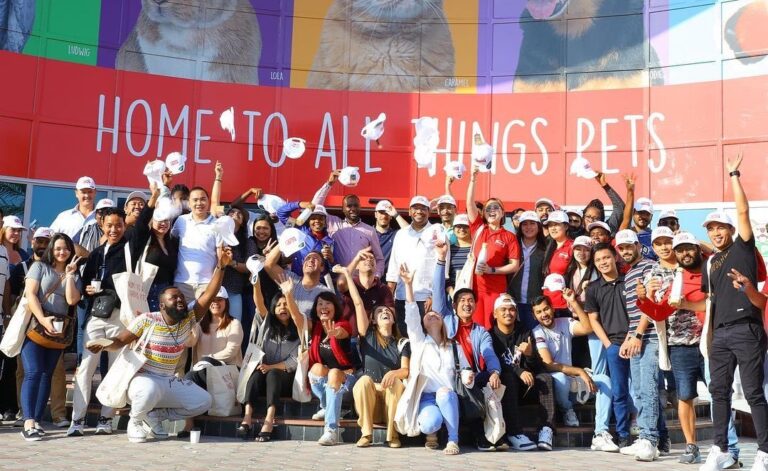August 21st, 2018
Last week Slimstock hosted its inaugural inventory management roundtable in Singapore at The Novotel Clarke Quay Hotel. Meant as a platform for networking of like-minded professionals and sharing of strategies around the science of inventory management, the event was insightful and intimate, attended by practitioners, decision makers and business owners. Chaired and moderated by Slimstock, the Roundtable touched on the themes of demand profiling and forecasting, product life-cycle management, inventory availability and shelf life.
The event started on a light note – a round of introductions and sharing of challenges faced with inventory. The participants established great rapport very quickly and the conversations were easy and at times, even humorous!
All industries covered
While they were all from diverse backgrounds such as F&B, automotive, pharmaceutical and safety equipment, the participants had common frustrations, that is, managing short shelf lives, obsolescence, one-off items, urgent and ad-hoc requirements, S&OP processes, safety stock and working capital reduction. Essentially, everyone realised that small inefficiencies in inventory management can balloon into major cost penalties at the end of the day.
Understocking generally means missed revenues, and in certain industries, monetary penalties will be imposed. Overstocking, for the fresh food industry, would mean food gone to waste. For the automotive industry, overstocking would mean freezing up of working capital and increasing potentially obsolete inventory. The key is to minimise obsolete stock as well as to maximise revenue opportunities through reducing lost sales. This can be done by developing more timely and reliable forecasts. Slimstock shared its Building Blocks model – strategies that participants could leverage to achieve better forecasts – ensuring the right assortment mix, increasing the reliability of physical and system data, and capturing relevant planning parameters.
Overall, the Roundtable received positive and encouraging feedback, with additional wishes for future events. It was a fruitful session for all participants and Slimstock, and we look forward to organizing more sessions across various APAC cities every quarter!



